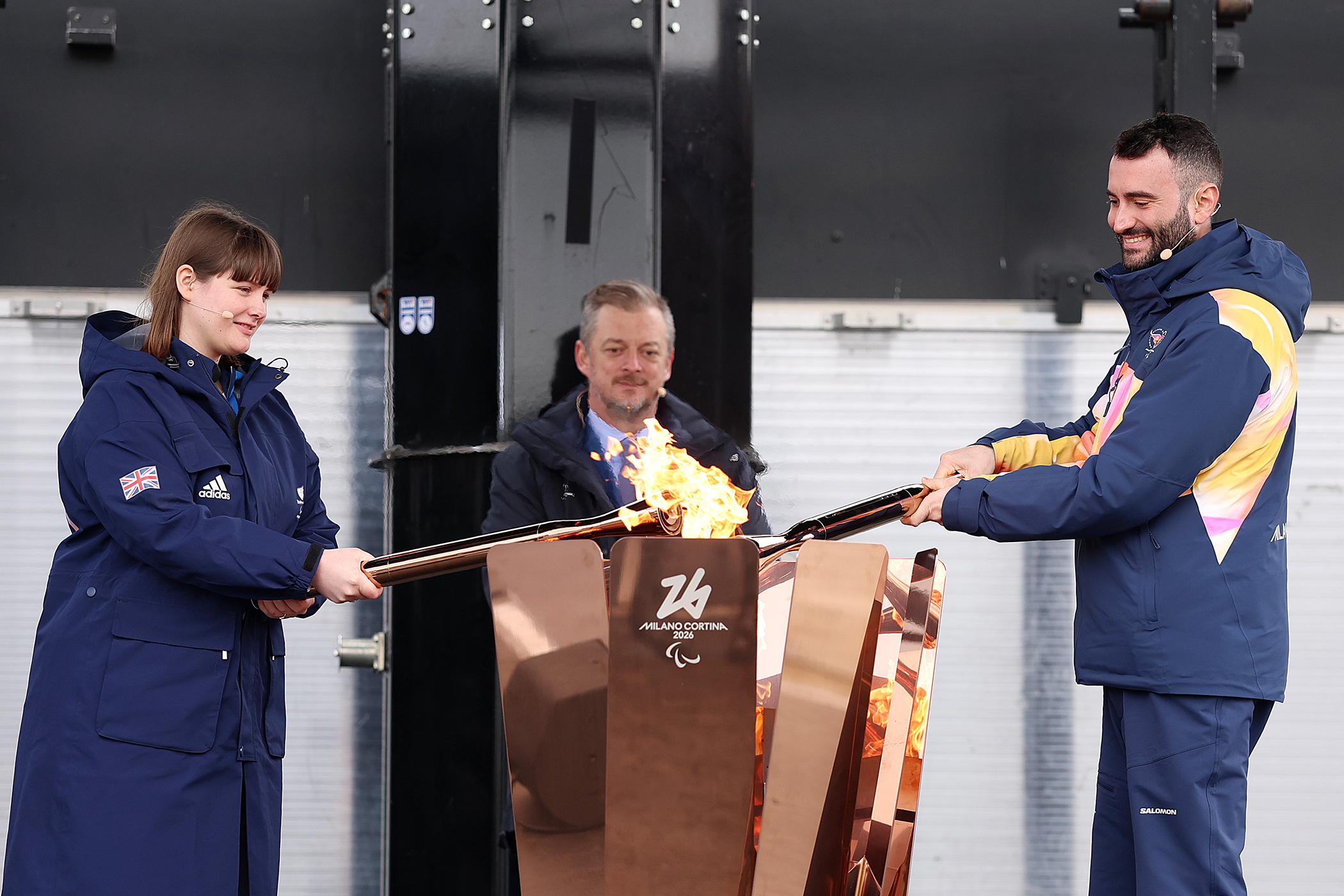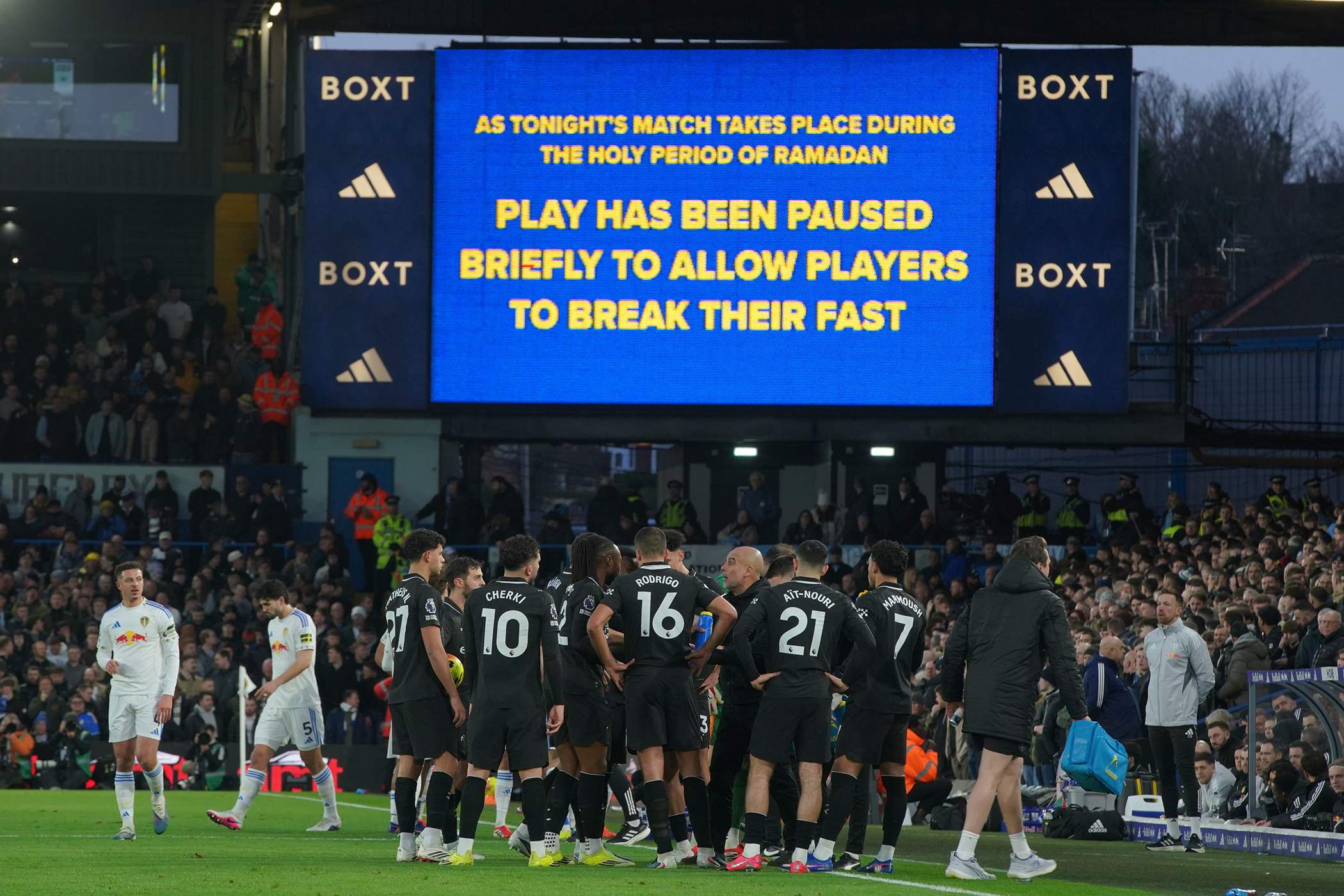Just for a moment, Kyle Walker was young again. He had the ball at his feet and a vast expanse of green ahead of him. Walker might be 35, and put out to pasture in the Pendle Hills, but there comes a point when these things are Pavlovian. In this situation, there is only one thing that Walker does, and so he did it. He accelerated, leaving Gabriel Gudmundsson in a cloud of dust.
It is worth parsing what happened in the next few seconds, because it has a significance beyond one Premier League game on one Saturday in October. Time caught up with Walker rather quicker than his Burnley teammates. By the time he arrived at the edge of the box, that initial burst of acceleration extinguished, they were still behind him. And so, with the wisdom of age, he turned back, recycled possession, started again.
From there, the ball moved through Josh Cullen, Burnley’s bright, busy captain, and on to Florentino Luís, once considered the jewel of Benfica’s prestigious academy. He fed it, smoothly, to Loum Tchaouna, a French under-21 international acquired from Lazio over the course of the summer. Tchaouna, on as a substitute, immediately turned and zipped the ball into the top corner, doubling the hosts’ lead and, ultimately, condemning a toothless Leeds team to defeat.
Cullen apart, none of these players have been in Lancashire for more than a few months. All of them have considerable pedigree. It was lost, a little, because of the tendency of the upper reaches of the Premier League to monopolise the game’s heat and light – particularly during the transfer market – but Burnley rolled the dice this summer. Scott Parker added 14 players to his squad, ones with “huge pedigree,” as he put it. The club committed somewhere in the region of £100m.
That approach represents a substantial shift. Burnley, for years, served almost as ambassadors from another age in the Premier League. Turf Moor remains an unapologetically old-fashioned sort of a place, even if the club has installed flashing digital hoardings to replace the adverts for local butchers that were beamed around the world in their previous campaigns in the top flight.
Under Sean Dyche, in particular, they did all they could to turn that into their edge. Burnley survived in the rarefied air of the Premier League by scrapping and clawing for every point. (Ashley Barnes, introduced as a late replacement at Turf Moor as “the one and only,” remains in place as a tribute act to those days.) The style changed under Vincent Kompany, but there was always a sense that the club had one eye on the worst case scenario; the young team he built was designed not to overburden the wage bill if things did not work out.
Burnley, for years, served almost as ambassadors from another age in the Premier League
Burnley, for years, served almost as ambassadors from another age in the Premier League
This time, Burnley have made no attempt to disguise their ambition. The riches on offer in the Premier League are not (just) a way of safeguarding the club’s future. They are not just happy to be here. They do not have one eye on making sure they can bounce straight back in the event of relegation. Burnley intend to stick around.
They are not alone in that. Leeds spent more than £100m retooling Daniel Farke’s squad, too; the club’s managing director, Robbie Evans, has confirmed that the club’s owners, 49ers Enterprises, spent right up to their limit under the Premier League’s financial regulations. “My objective every year is to max out PSR,” he said. “We’re injecting tons of cash, far more than any ownership group before.”
The third promoted team, Sunderland, were more extreme still, the club committing around £150m on 15 players after emerging – unexpectedly, to some extent – from the playoffs. Some were young, their resale value something of a hedge, but others were not. Omar Alderete was in La Liga’s team of the season last year. Nordi Mukiele had spent last year on loan at Bayer Leverkusen. Granit Xhaka is Granit Xhaka.
The problem facing all three, of course, was the same. Over the last two years, the Premier League has increasingly resembled a closed shop; promoted sides have effectively become tourists to the top flight, granted a season in the spotlight before being ushered back to the shadows. “We know that as a Championship club promoted to the Premier League, the task is huge to buck the trend,” as the Leeds sporting director, Adam Underwood, said earlier this month.
Newsletters
Choose the newsletters you want to receive
View more
For information about how The Observer protects your data, read our Privacy Policy
That all three have landed upon roughly the same answer is no coincidence. Underwood noted, in that interview with the BBC, that Leeds had looked “at clubs across the Premier League” to ask “how did they manage to stay up?” In some cases – Brentford, Bournemouth and Brighton – that might be a masterful use of data. In the Premier League, now, teams have to speculate to accumulate; the greatest risk is not gambling.
It might not seem like it for Leeds, in the aftermath of defeat, but the evidence suggests that it works. None of the newly-promoted sides are in the bottom three. The best gauge, perhaps, is that West Ham have already sacked one manager; Nottingham Forest have now got rid of two.
Survival is no longer a default. Burnley, Leeds and Sunderland have realised that the only way to have any hope at all of staying up is to put your foot down, straightaway, and keep it there.
Photograph by Andy Buchanan/AFP



